
Quick Links
- Dates: APR 12 | APR 26 | MAY 10 | MAY 24 | JUN 7 | JUN 21 |
- Time: 12:00 PM - 1:00 PM EST
- Location: VIRTUAL (ZOOM WEBINAR)
Participants who attend a minimum of 50% of sessions will receive a certificate of attendance from CIFAL York
Register
BACKGROUND
Climate change and its related mobility responses, both coined as one of the main public health crises of the 21st century, often have adverse, and sometimes beneficial, effects on health and health systems. Climate threats may also push those with the poorest health to places with fragmented access to health care, exacerbating their health needs. Health services often struggle to ensure adequate and equitable access to care for those affected, and to meet the changing needs of dynamic populations. A number of both indoor and outdoor worker populations may be particularly vulnerable to climate variations (emergency responders, health care workers, fire fighters, utility workers, farmers, manufacturing workers and transportation workers). Climate conditions can amplify existing health and safety issues and could lead to new unanticipated hazards including high temperatures, air pollution, extreme weather and natural disasters, and biological hazards. Work is central in people’s lives, integrally intertwined as it positively impacts the physical, mental, financial, and social health and well-being of individuals. The extent of the impact of climate change (e.g., climate-sensitive hazards) on human health is poor understood and there is little evidence examining it in the occupational health context. To address these challenges warrants an extensive, transdisciplinary approach including health, industry and government partners.
GOALS AND OBJECTIVES
The key goals and objectives of the speaker series are to:
- To familiarize the concepts of global occupational health and safety in addressing threats imposed by climate change.
- To understand the inter-related themes of climate-change and occupational health and safety impacts.
- To discuss various global governance frameworks, good practices and multi-sectoral collaborations to address impacts of climate-change on occupational health and safety.
- To highlight the significance of various stakeholders and global partnerships for effective implementation of policies.
- Recognize the importance of work in promoting occupational health and safety in climate change era.
- Apply occupational health and safety concepts in understanding human functioning and work participation.
- Differentiate between different occupational health frameworks and models under climate change.
- Organize frameworks and models in understanding the impacts of climate change on global occupational health and safety.
- Evaluate examples of climate-sensitive hazards that pose irks to human health in the workplace.
TARGET AUDIENCES
- Occupational Health & Safety Professionals.
- Occupational Medicine Professionals.
- Physicians & Nurses.
- Public Health & Global Health Professionals.
- Rehabilitation Professionals.
- Psychologists & Psychotherapists.
- First Responders.
- Social Workers.
- NGO Staff.
- University Students.
- Researchers and Program Managers in Health, Social Sciences, and Development.
- Climate Change Scientists.
- Policy Makers.
SESSION 1 WEDNESDAY APRIL 12 12:00PM-1:00PM (EST)
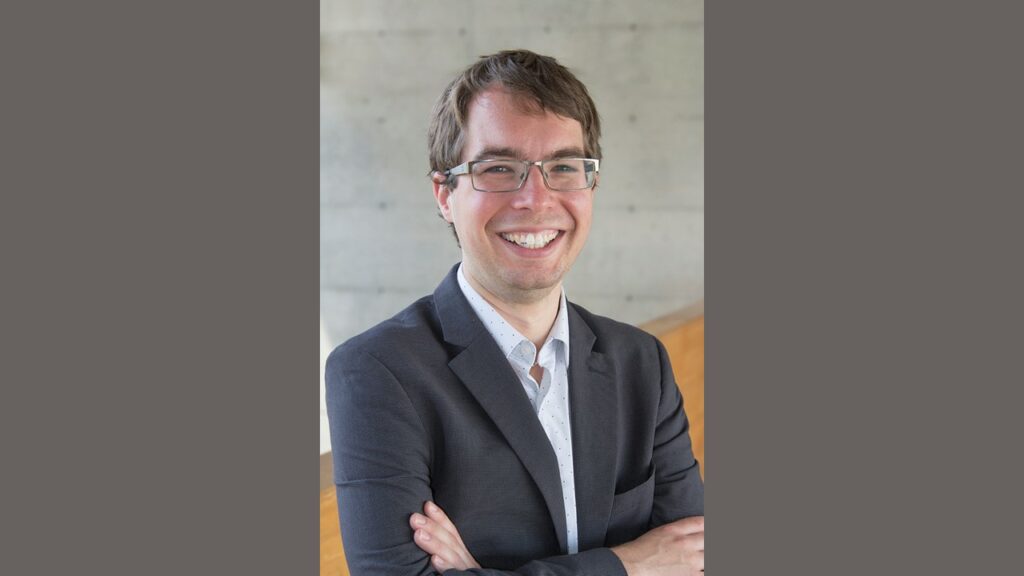
Moderator: Dr. Eric Kennedy
Associate Professor, Disaster and Emergency Management, School of Administrative Studies, York University
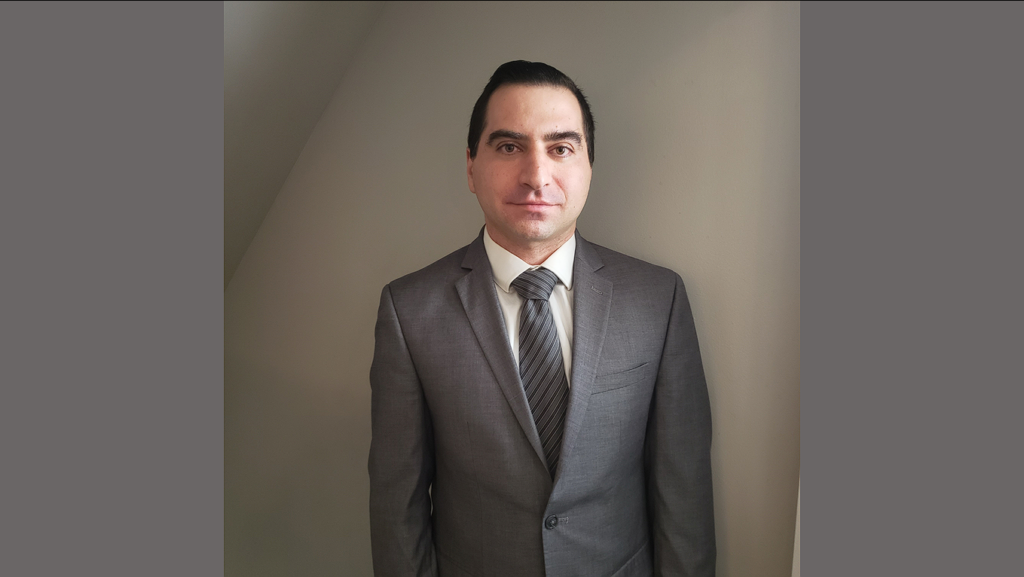
Speaker: Dr. Behdin Nowrouzi-Kia
Assistant Professor, Department of Occupational Therapy and Occupational Science, University of Toronto; Founder, Infinity Health Consulting Group; Founder, OT Services North
Topic
Climate Change and Occupational Health: Exploring Their Inter-Relationships
SESSION 2 WEDNESDAY APRIL 26 12:00PM-1:00PM (EST)
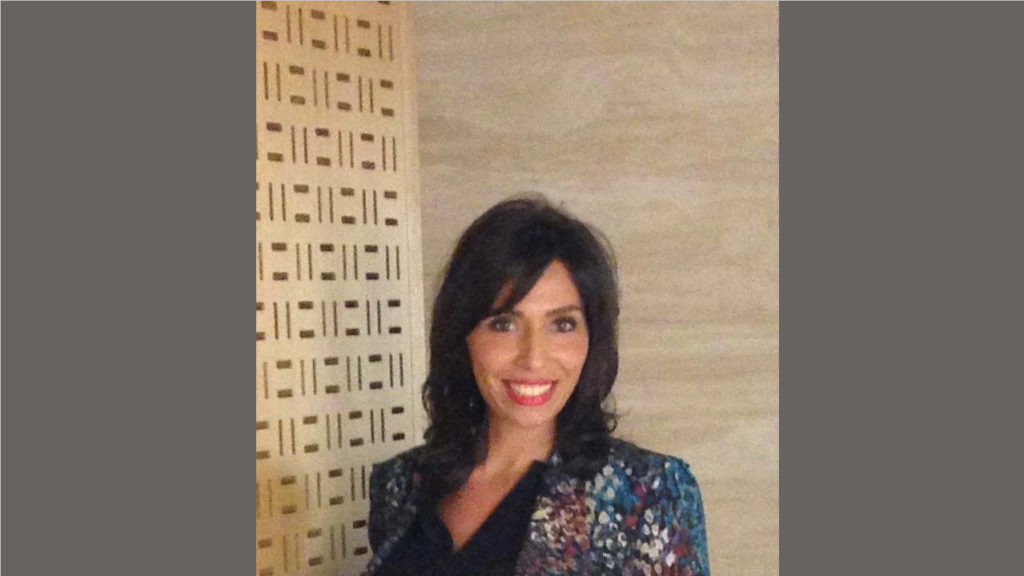
Moderator: Sonia Sanita
Healthy Built Environment Specialist, Public Health, York Region
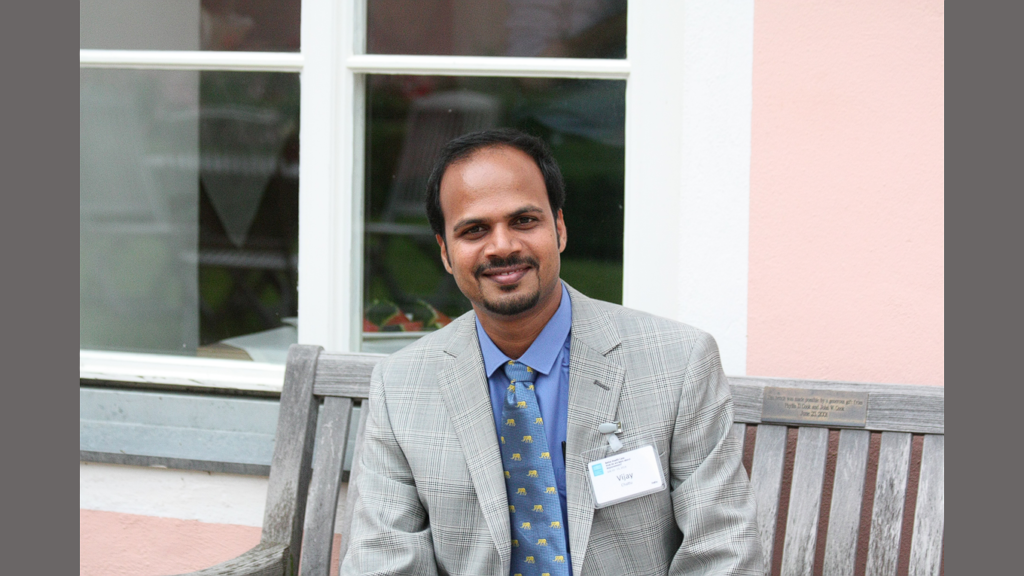
Speaker: Dr. Vijay Kumar Chattu
Postdoctoral Fellow, ReSTORE Lab, Temerty Faculty of Medicine, University of Toronto; Adjunct Professor, School of Public Health, University of Alberta; Visiting Research Fellow, United Nations University (UNU-CRIS), Bruges Belgium; Founder & CEO, Global Health Research and Innovations Canada Inc. (GHRIC), Toronto
Topic
Global Health Governance for Climate-Induced Global Occupational Health Challenges
SESSION 3 WEDNESDAY MAY 10 12:00PM-1:00PM (EST)
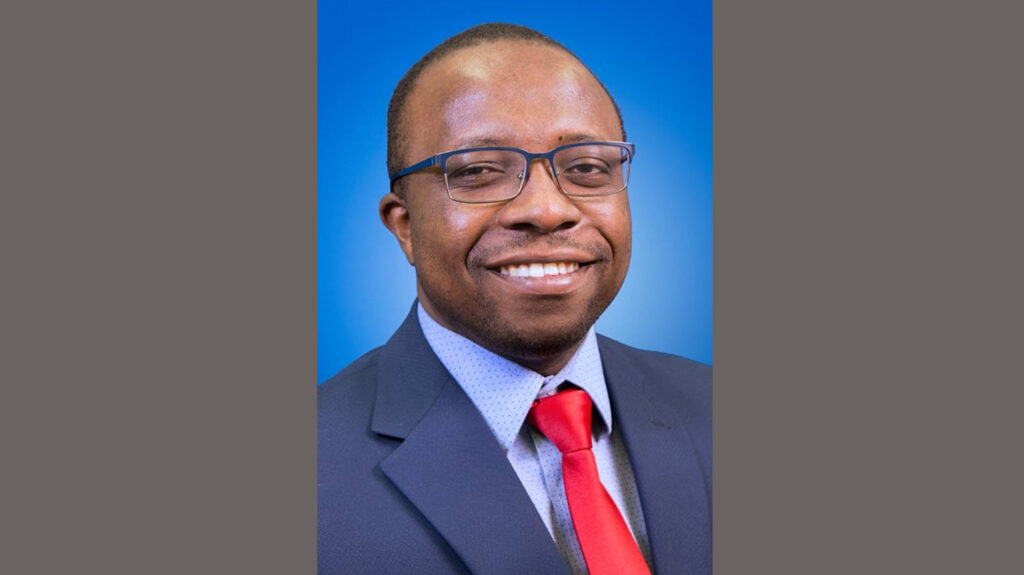
Moderator: Dr. Godfred O. Boateng
Assistant Professor, School of Global Health
ACUE Fellow, Director, Global & Environmental Health Lab
Faculty Fellow, Dahdaleh Institute for Global Health Research
York University, Academic Editor: PloS ONE
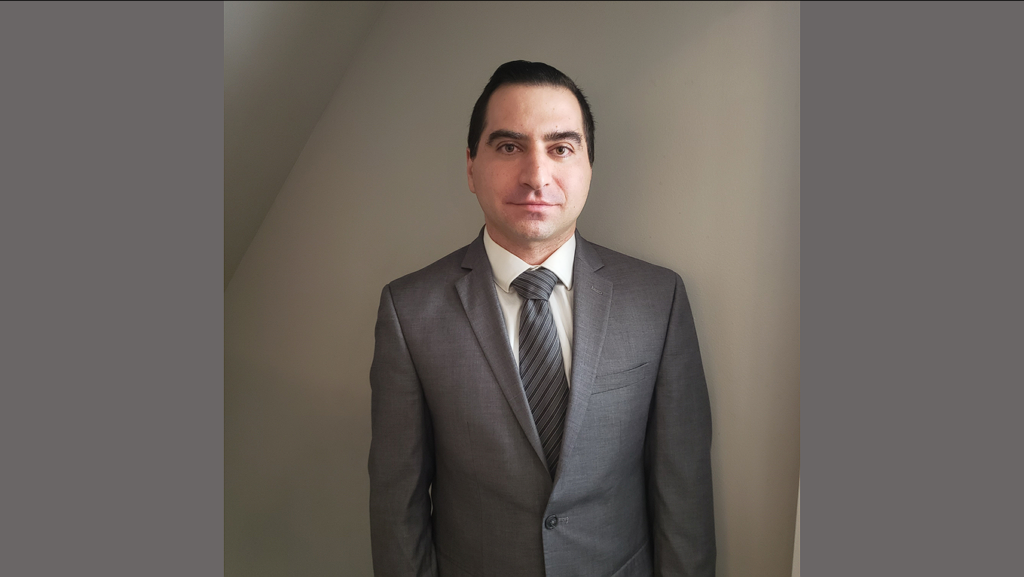
Speaker: Dr. Behdin Nowrouzi-Kia
Assistant Professor, Department of Occupational Therapy and Occupational Science, University of Toronto; Founder, Infinity Health Consulting Group; Founder, OT Services North
Topic: Climate Change and Impacts on Mental Health in Occupational Settings
SESSION 4 WEDNESDAY MAY 24 12:00PM-1:00PM (EST)
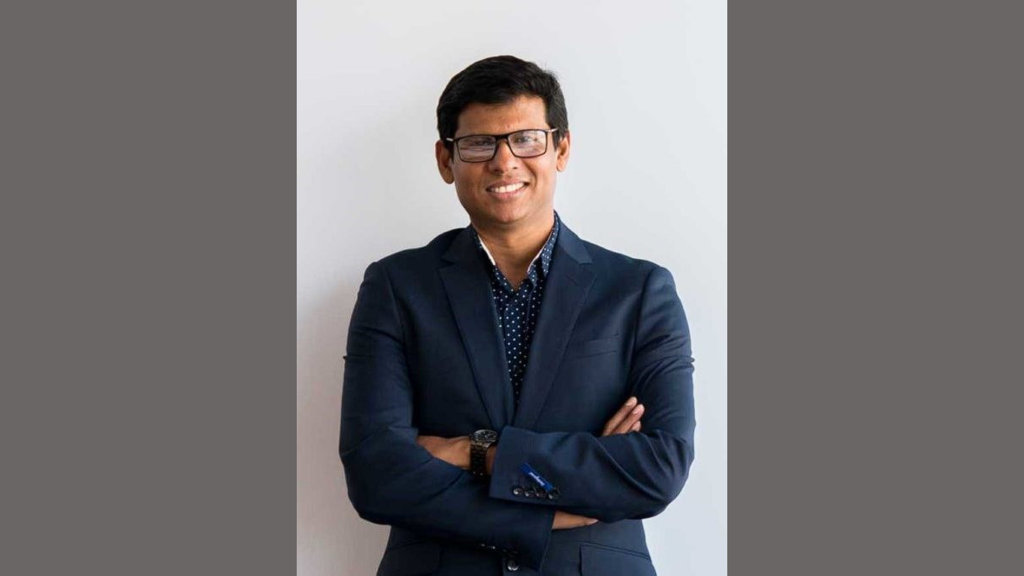
Moderator: Dr. Byomkesh Talukder
Research Fellow, Planetary Health, Dahdaleh Institute for Global Health Research, York University
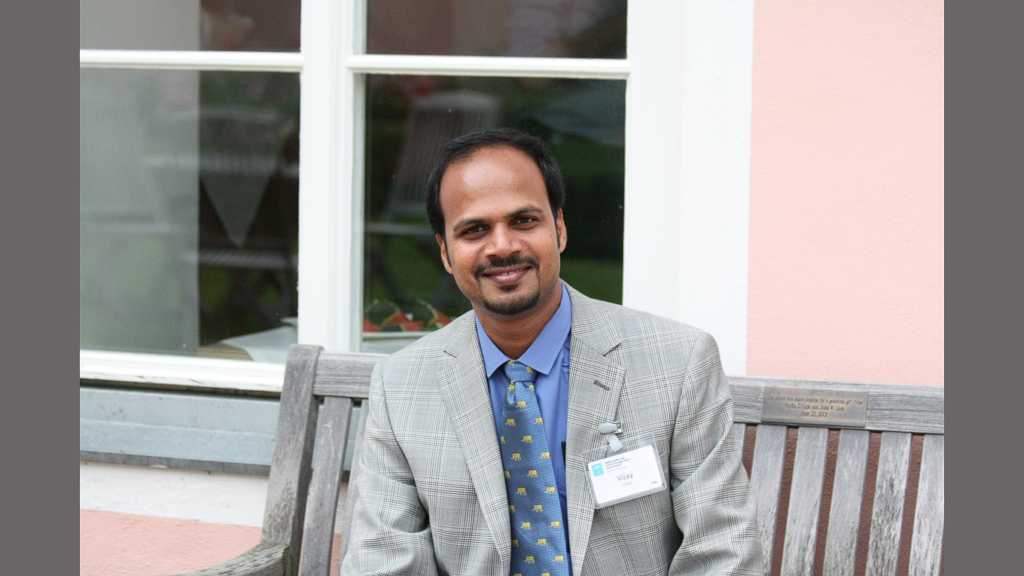
Speaker: Dr. Vijay Kumar Chattu
Postdoctoral Fellow, ReSTORE Lab, Temerty Faculty of Medicine, University of Toronto; Adjunct Professor, School of Public Health, University of Alberta; Visiting Research Fellow, United Nations University (UNU-CRIS), Bruges Belgium; Founder & CEO, Global Health Research and Innovations Canada Inc. (GHRIC), Toronto
Topic
Climate Governance Through Global Health Diplomacy & Climate Diplomacy
Recording of session 4
SESSION 5 WEDNESDAY JUNE 7 12:00PM-1:00PM (EST)

Speaker: Dr. Byomkesh Talukder
Research Fellow, Planetary Health, Dahdaleh Institute for Global Health Research, York University
Topic
Climate Change Related Occupational Health Impacts on Farmers and Resulting Consequences

Moderator: Dr. Behdin Nowrouzi-Kia
Assistant Professor, Department of Occupational Therapy and Occupational Science, University of Toronto; Founder, Infinity Health Consulting Group; Founder, OT Services North
Recording of session 5
SESSION 6 WEDNESDAY JUNE 21 12:00PM-1:00PM (EST)
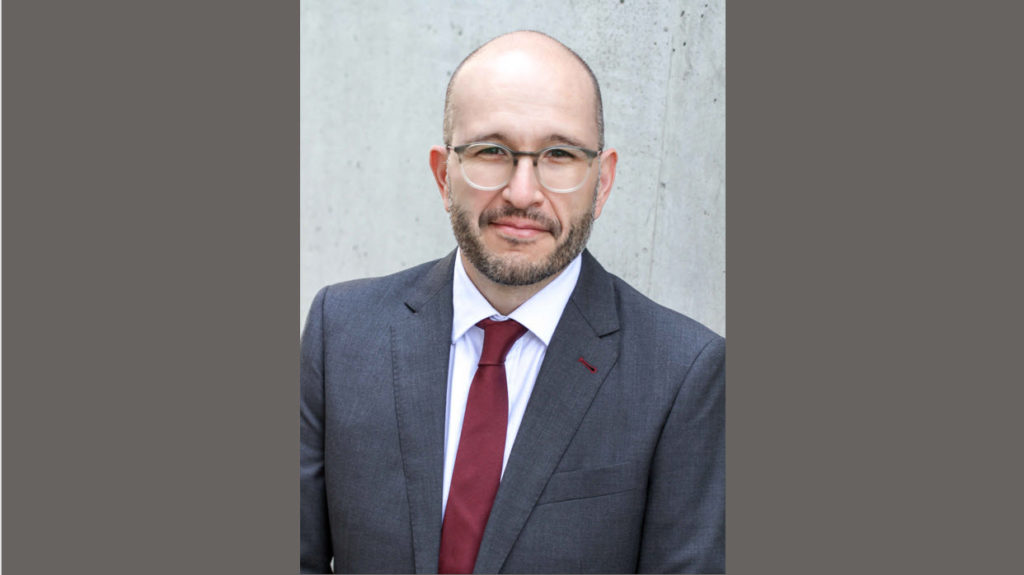
Moderator: Raphael Costa
Director, Economic Development, City of Vaughan, Ontario, Canada

Speaker: Dr. Desai Shan
Assistant Professor, Occupational Health and Safety, Memorial University of Newfoundland
Topic
Climate Change and Maritime OHS Challenges: The Case of Canadian Arctic Shipping
Organizer & Partners
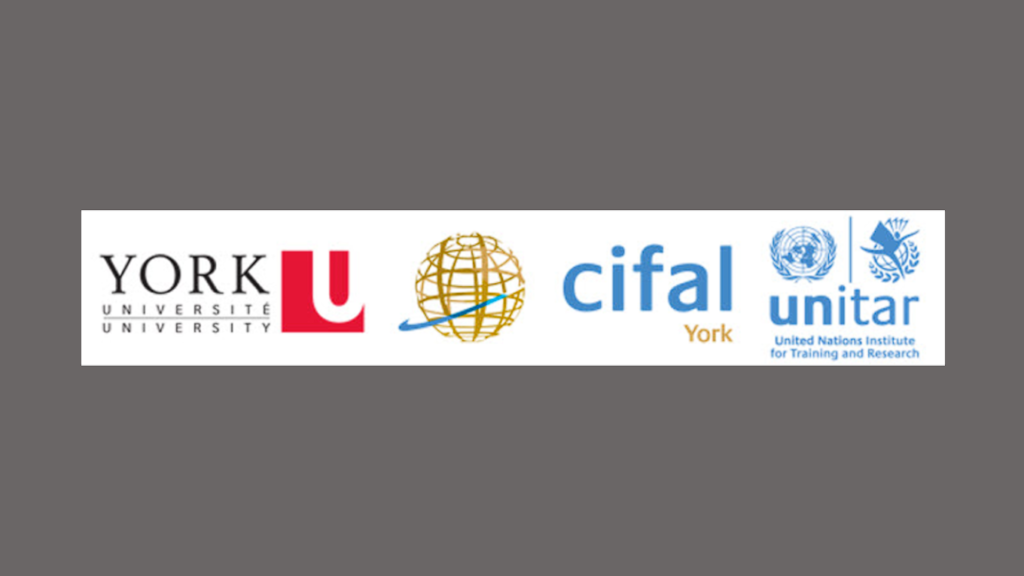
Organizer
CIFAL York is part of UNITAR's global network of training centres for knowledge-sharing, training, and capacity-building for public and private leaders, local authorities, and civil society. CIFAL Centres are local and regional hubs for innovative, participatory and co-creative knowledge exchange opportunities to support decision-making processes, build capacity, and accelerate the implementation of Sustainable Development Goals. Established in 2020, CIFAL York started its operation in June 2021 as the first CIFAL Centre in Canada. Health and Development training and knowledge sharing is among the key focusing areas of CIFAL York.
For more information or questions please contact: cifaldirector@yorku.ca
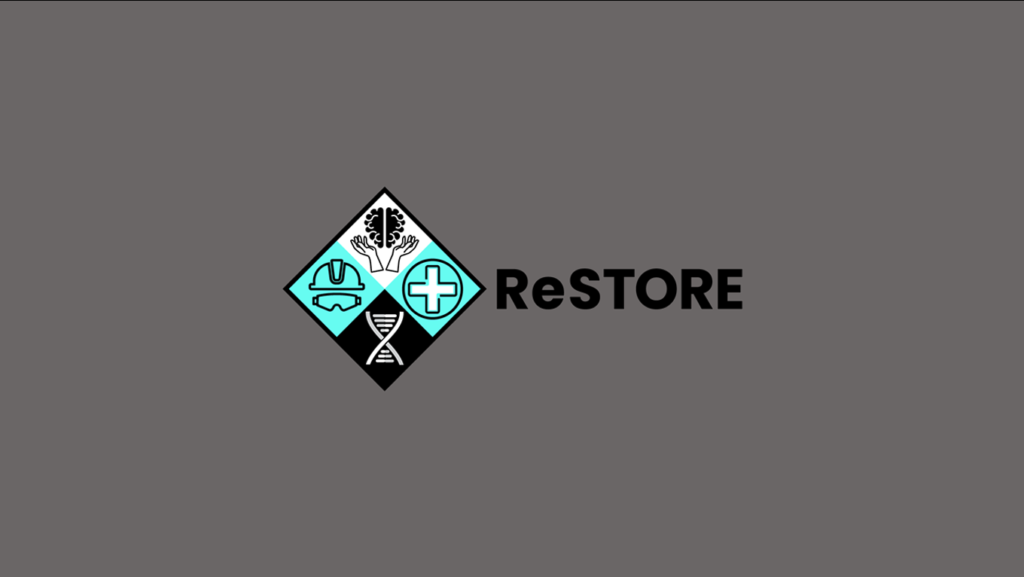
Partner
The Rehabilitation Sciences Through Occupational Research and Engagement (ReSTORE) lab is led by Dr. Behdin Nowrouzi-Kia and is housed in the Department of Occupational Science and Occupational Therapy in the Temerty Faculty of Medicine at the University of Toronto. We are a multidisciplinary team with researchers with medical, health sciences, occupational medicine, occupational therapy, public health, rehabilitation sciences, and psychology backgrounds. The mission of the ReSTORE lab is to identify and assess risk and develop occupation-based interventions for preventing high-risk behaviours and improving mental and physical health in the workplace. The ReSTORE lab works with partners in the public and private sectors including hospitals, community-based agencies, non-profits and profit organizations. The ReSTORE lab promotes and supports healthy and safe workplaces using an occupational lens. Currently the lab is engaged with multiple research projects funded by federal agencies in Canada, private industry and other international partners.
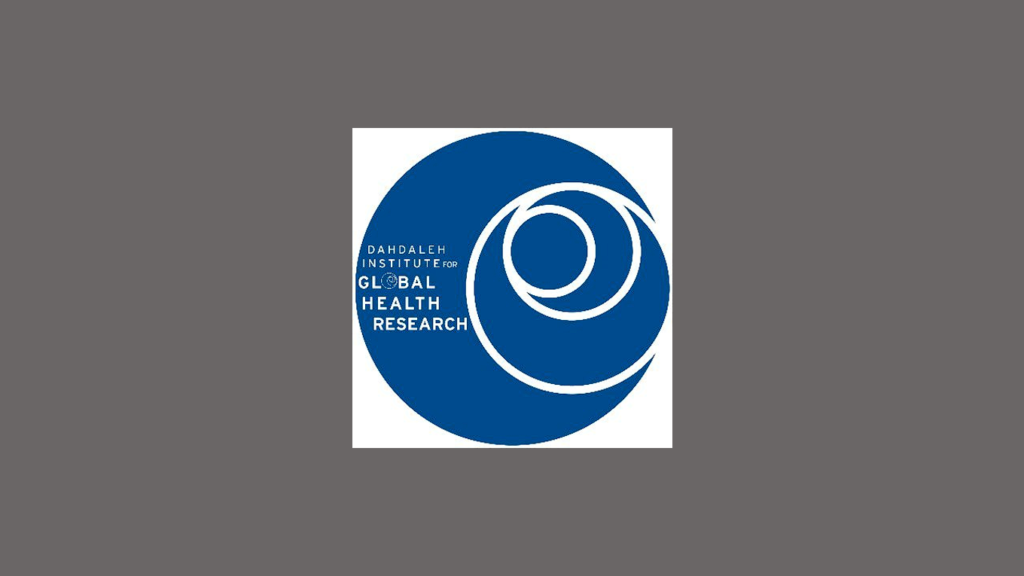
Partner
The Dahdaleh Institute for Global Health Research uses critical problem-solving approaches to pursue effectiveness, equity, and excellence in global health. We are global health leaders, researchers, practitioners, and students working at the interface between research, policy, and practice to address 21st-century global health challenges. We conduct research, teach, and form partnerships in three thematic research areas.
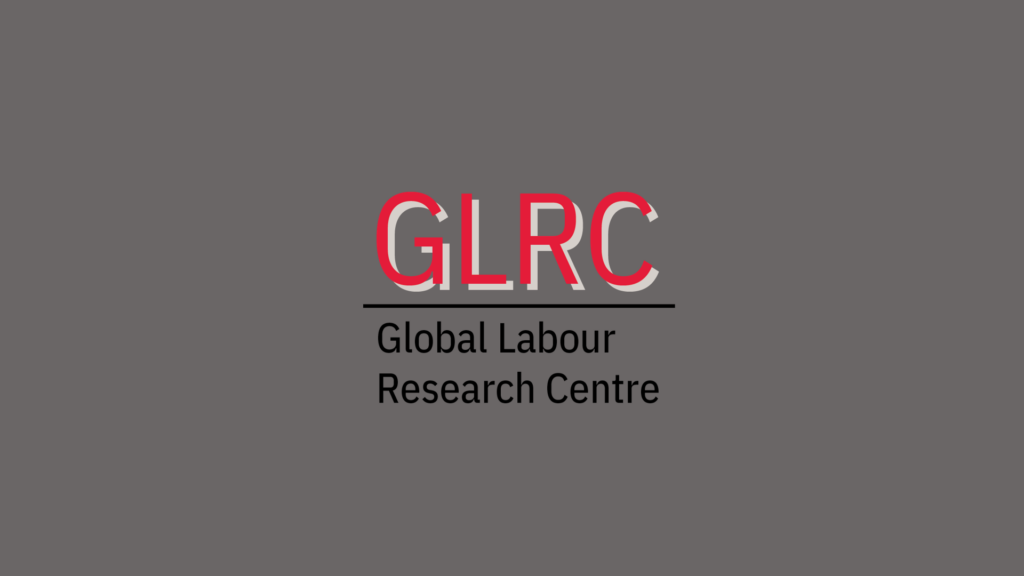
Partner
The Global Labour Research Centre (GLRC), based in the Faculty of Liberal Arts & Professional Studies, engages in the study of work, employment and labour in the context of a constantly changing global economy. The Centre’s work is organized around five major themes:
- Work, Employment, and Labour Rights
- Migration, Citizenship, and Work
- Gender Relations in Work and Labour Movements
- Revitalization of Workers’ Movements
- Work and Health
The GLRC acts as hub for pan-university research collaboration on global labour, and promotes research that engages with a wide range of labour and community partners.
